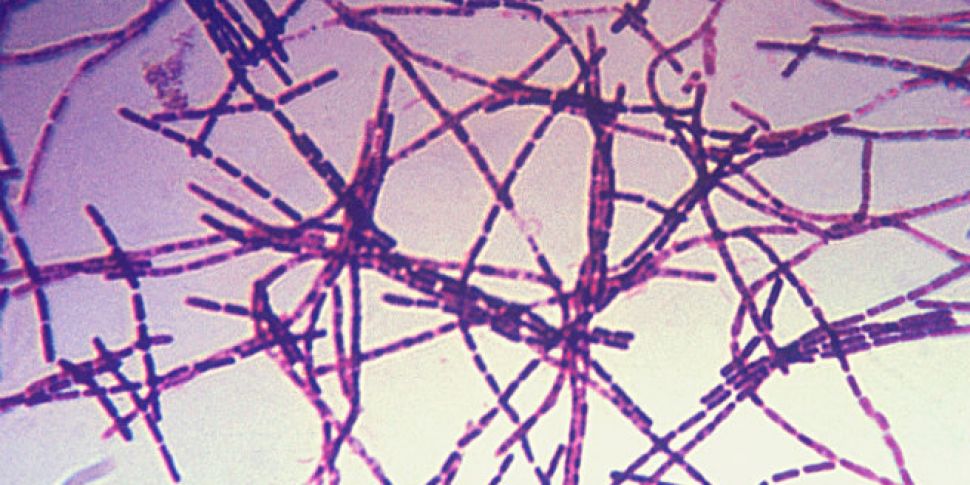A North Korean soldier who defected to the South in 2017 has been found to have anthrax antibodies in his bloodstream, raising fears the regime could use the disease as a weapon.
South Korean authorities confirmed the soldier, who has not been identified, was either exposed to or vaccinated against anthrax and had developed immunity to it, UPI reported, citing Channel A.
One official told the TV network: "Anthrax antibodies have been found in the North Korean soldier who defected this year."
North Korea has been suspected of developing biological weapons after the regime revealed the work of the Pyongyang Biological Technology Research Institute in 2015, run by the Korean People's Army Unit 810.
The regime has claimed the facility specialises in pesticide research, but analysts have said dual-use equipment on the site suggests biological weapons are being manufactured.
A report earlier this month claimed Pyongyang is testing biological weapons with the aim of loading anthrax-laded warheads on its intercontinental ballistic missiles.
Japan's Asahi newspaper reported that the US was aware of the tests, which were being carried out to determine whether the anthrax bacteria could survive the high temperatures on re-entry from space.
North Korea denied the claims and said it would "take revenge" on the US for claiming it was developing biological weapons.
The discovery of anthrax antibodies has raised tensions in Seoul. The South Korean military has not yet issued an anthrax vaccine.
Defence ministry spokesman Choi Hyun Soo has said a vaccine "is expected to be developed by the end of 2019".
Anthrax is an infection caused by the bacterium Bacillus anthracis. It can be contracted through the skin, lungs, intestines or through an injection.
Symptoms include raised spots or blisters on the skin, fever and chills, shortness of breath, chest pains and shock.
Airborne infection of the disease is the most deadly and can kill quickly if not treated immediately. It can be treated with antibiotics.
In response to ICBM tests by the North Korea regime, the UN Security Council unanimously passed new sanctions last week.
North Korea claimed the sanctions, which restrict vital oil supplies, were a complete economic blockade and an "act of war".
In a statement from the official KCNA news agency, the North's foreign ministry said: "We define this 'sanctions resolution' rigged up by the US and its followers as a grave infringement upon the sovereignty of our Republic, as an act of war violating peace and stability in the Korean peninsula and the region and categorically reject the 'resolution'."









